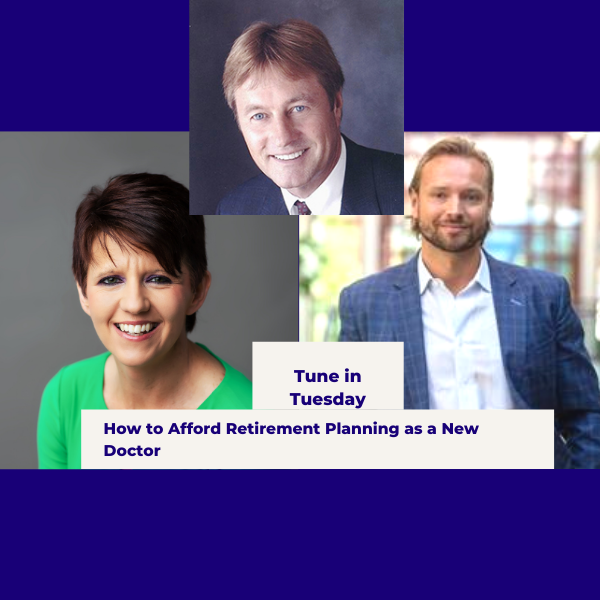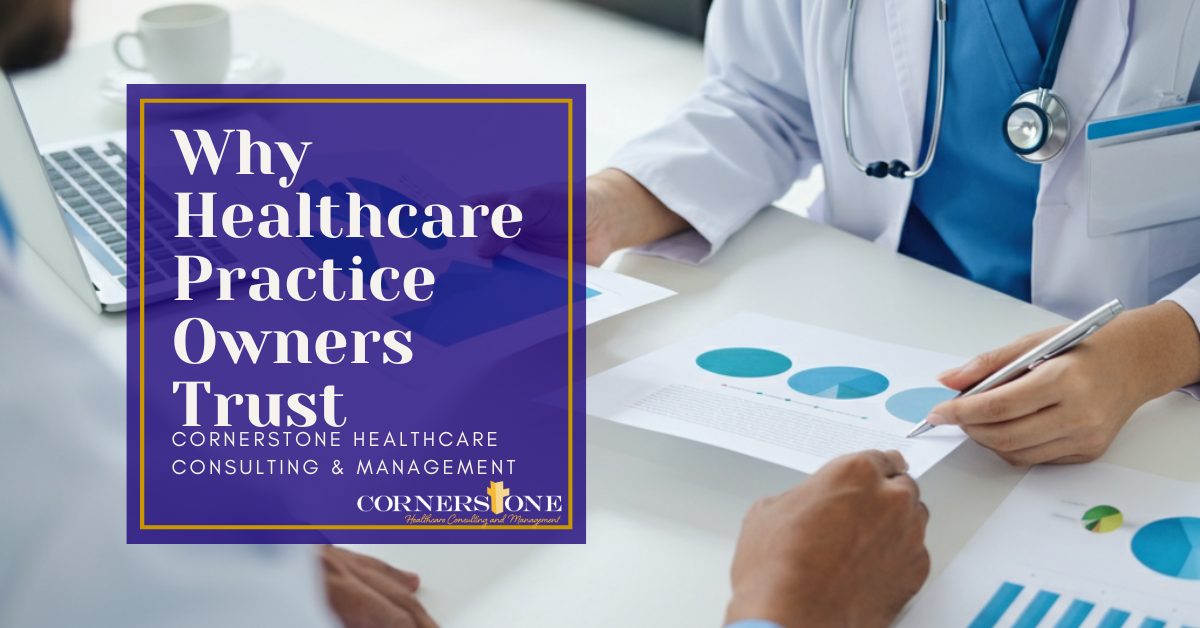
How Young Doctors Can Afford to Plan for Retirement
In a recent interview, Melissa (Missy) Starowitz from Cornerstone Healthcare Consulting and Management sat down with Alex Heringer and Jim Ginnane of Planned Futures Financial, located in Buffalo, New York. They discussed several important topics concerning young physicians just graduating from residency, focusing primarily on debt management and financial planning for the future.
The Importance of Disability Insurance for Young Physicians
Why Do You Need Disability Insurance?
One of the first questions Missy asked was about the importance of disability insurance for physicians, especially those who are just starting their careers. Jim’s response was straightforward and compelling:
“Your ability to work and earn a paycheck is the biggest asset you’ll ever own,” he said. He emphasized that all future purchases—houses, cars, education—depend on this ability. Therefore, ensuring you can continue to earn an income, even if you become disabled, is crucial.
Is Disability Insurance Affordable?
For young physicians concerned about affordability, Jim and Alex offered reassuring news. Similar to life insurance, disability insurance is less expensive when you are young and healthy. Many young doctors buy their policies in their final year of medical school. Alex mentioned that starter packages are available, and they even offer discounts through partnerships with medical schools across the country.
Managing Debt While Planning for Retirement
The 85-15 Rule
With substantial educational debt and a newly earned income, many young physicians wonder if it’s feasible to plan for retirement. Jim introduced a simple yet effective strategy known as the “85-15 rule.” He explained:
“If a person can discipline themselves to live on 85% of their gross income and save 15% for the future, it makes planning for retirement achievable,” he said. This rule is particularly easy to implement for young doctors who are transitioning from a low-income residency to a higher-paying position.
Starting Early Is Key
Jim also stressed the importance of starting early. “The earlier you start saving, the better off you’ll be,” he said. Delaying retirement planning can cost more in the long run, making it crucial to begin as soon as possible.
Practical Tips for Debt Management
Jim and Alex provided several practical tips for managing debt while starting to save for retirement:
- Live Within Your Means: Stick to the 85-15 rule to ensure you’re saving while managing your debt.
- Prioritize Debt Repayment: Focus on paying off high-interest debt first.
- Seek Professional Advice: Don’t hesitate to consult a financial advisor to help you create a tailored financial plan.
Conclusion
In summary, young physicians can indeed plan for retirement despite their debt. By securing disability insurance and adhering to the 85-15 rule, you can pave the way for a financially secure future.
Looking for personalized advice? Contact Planned Futures Financial to discuss your specific financial needs and start planning your future today.
Call to Action:
For more insights and personalized financial planning, book a consultation with Alex and Jim at Planned Futures Financial. Don’t wait—your future starts now!







